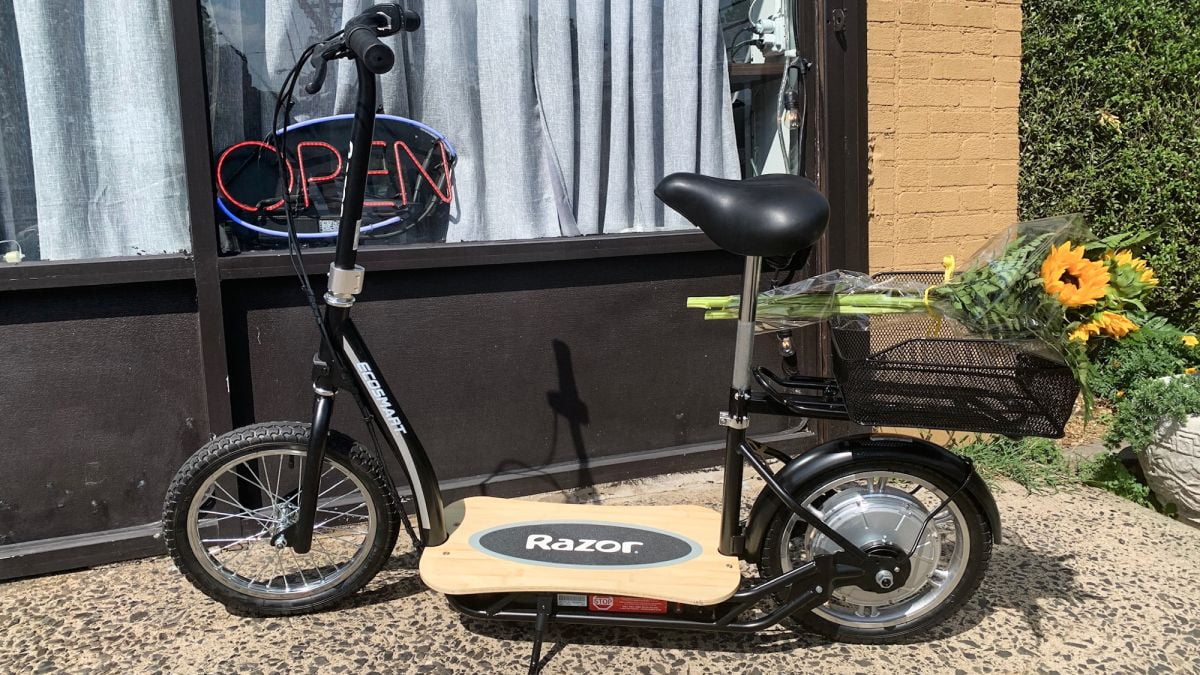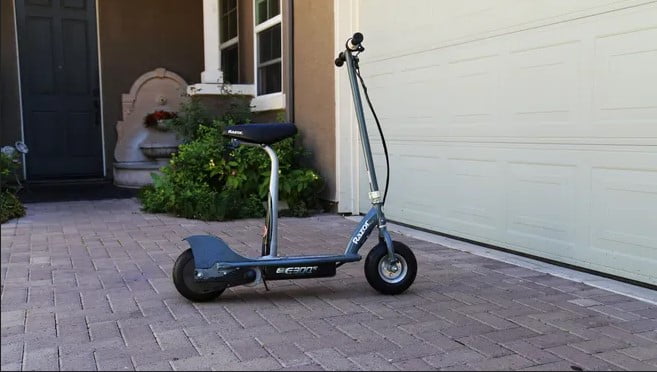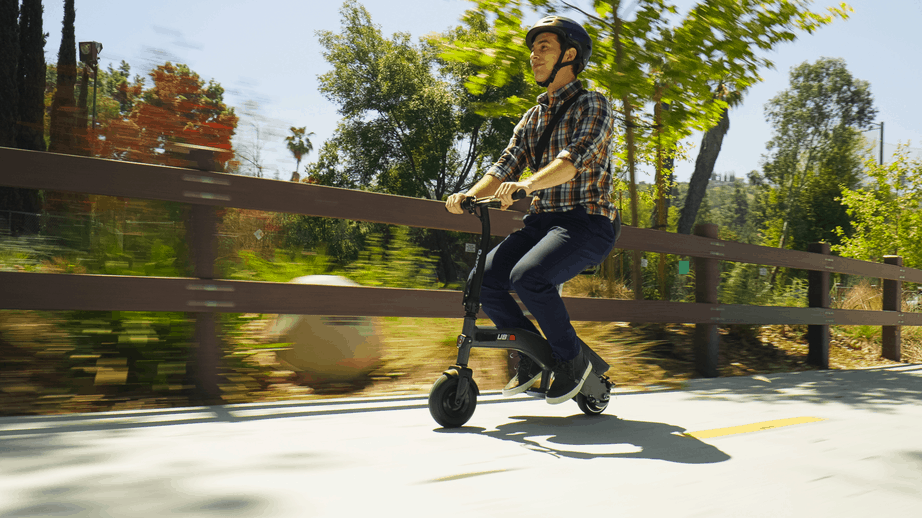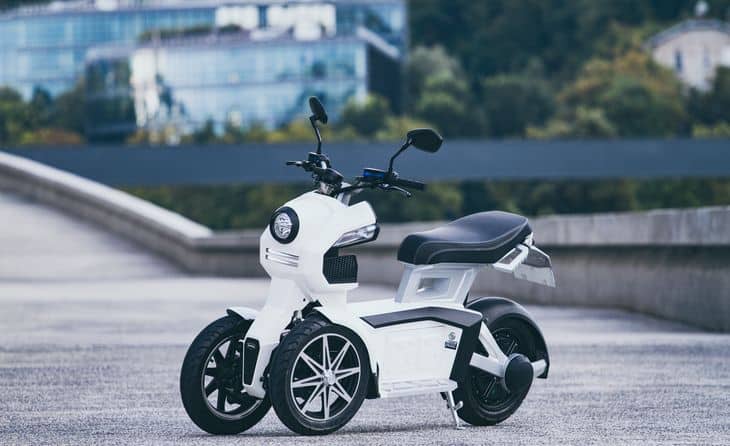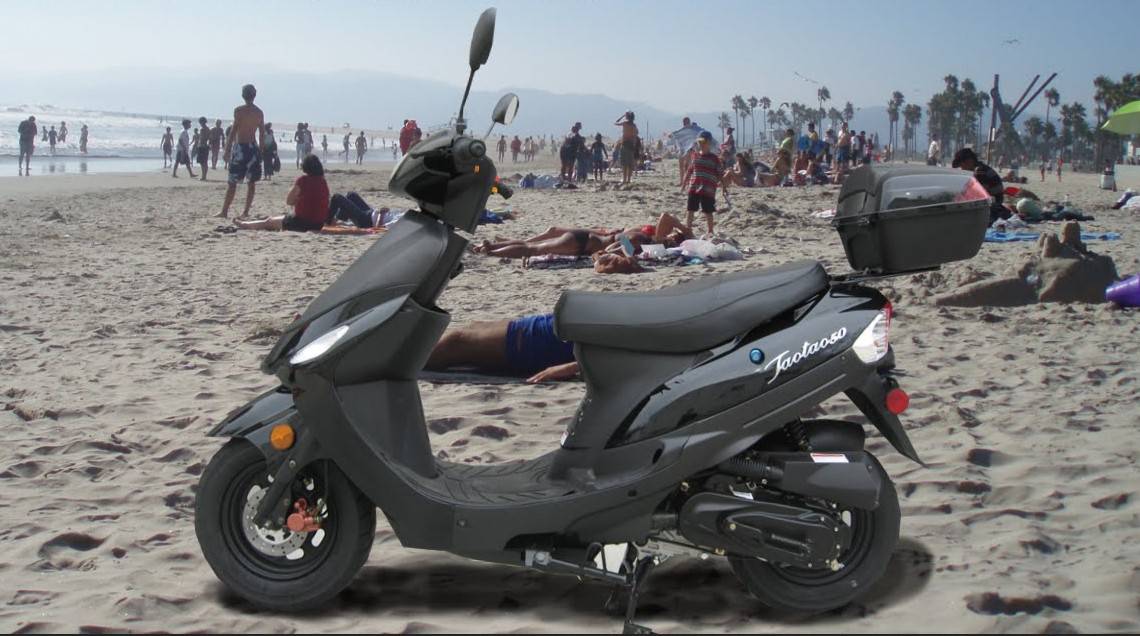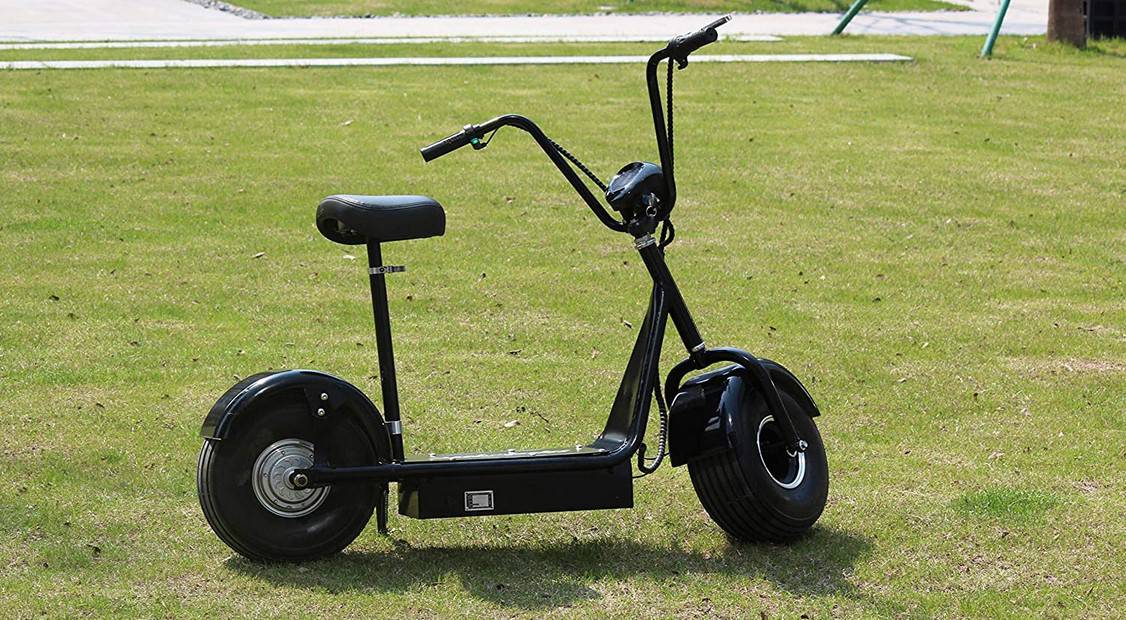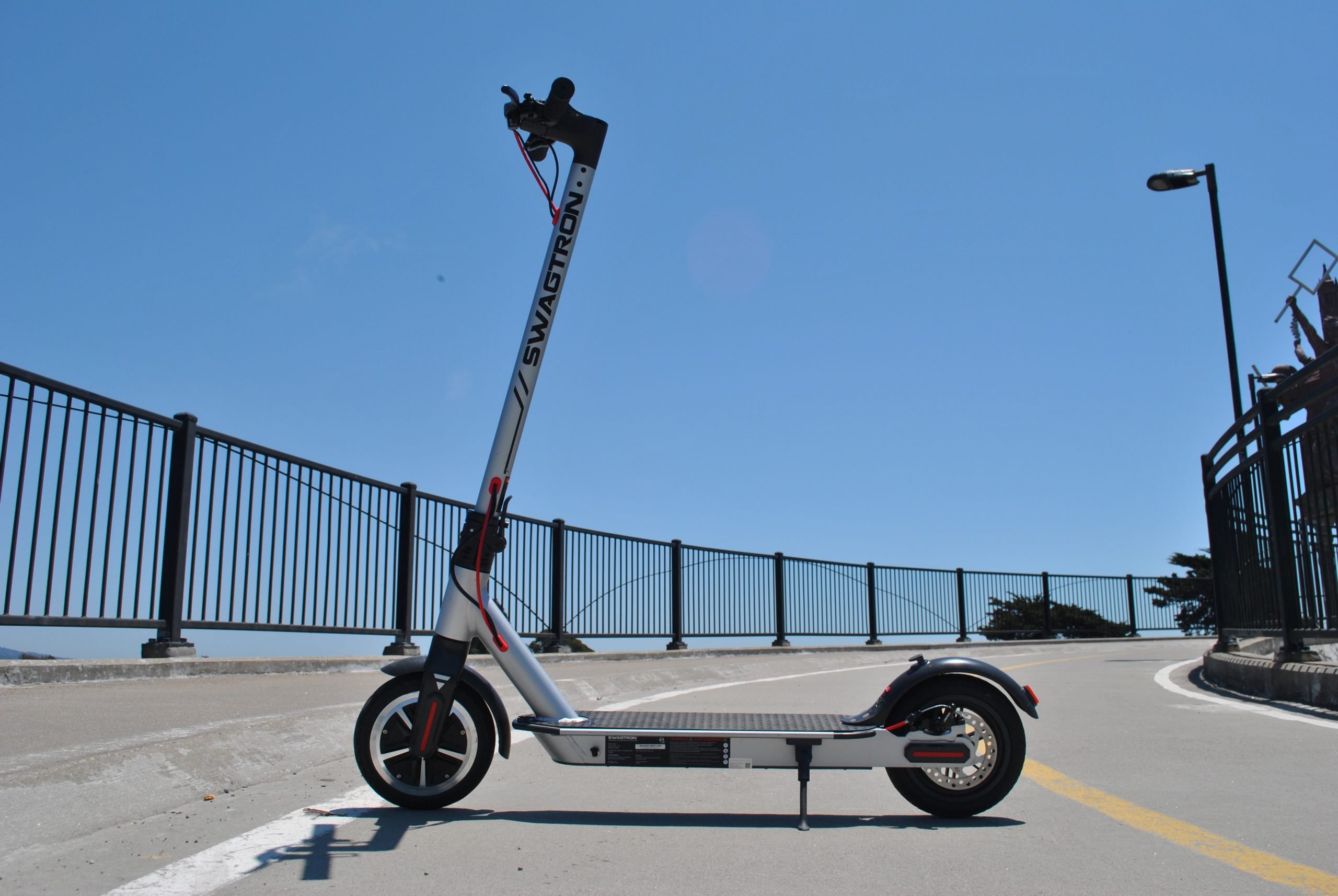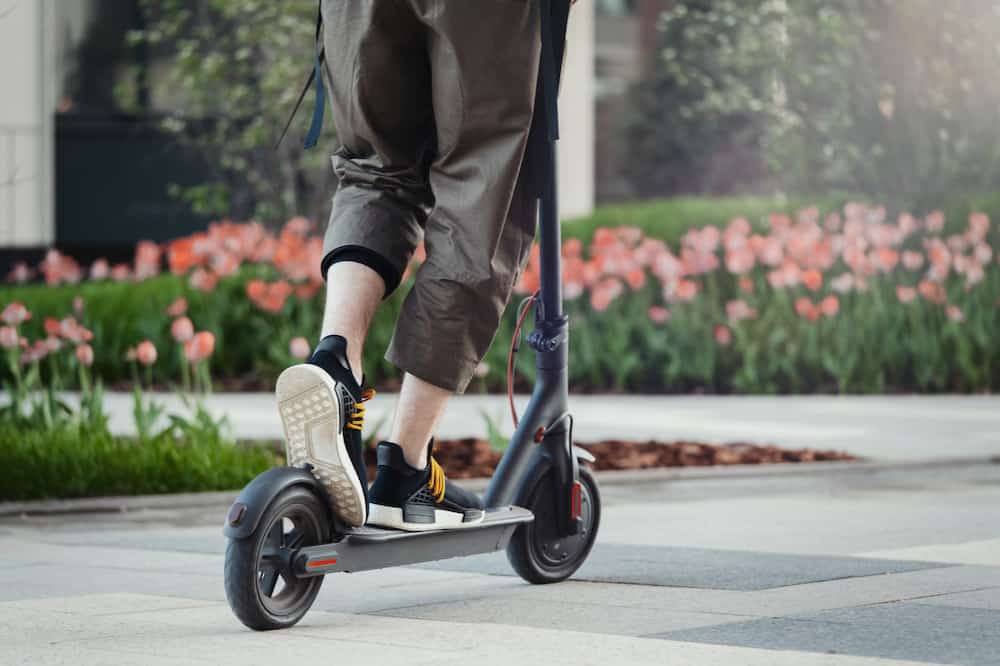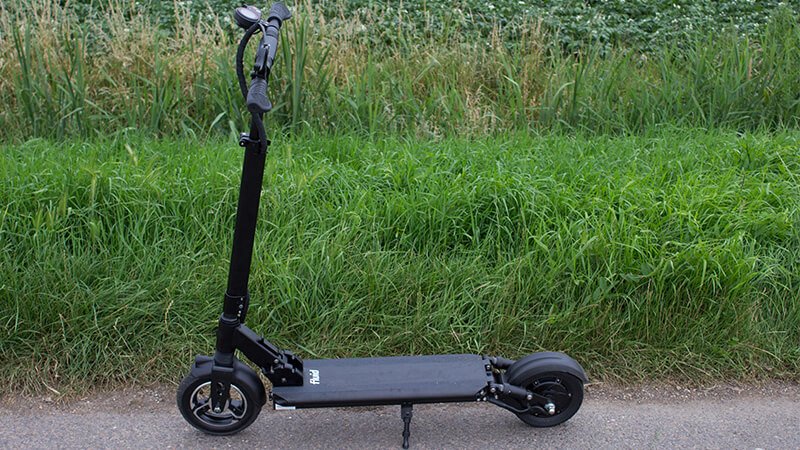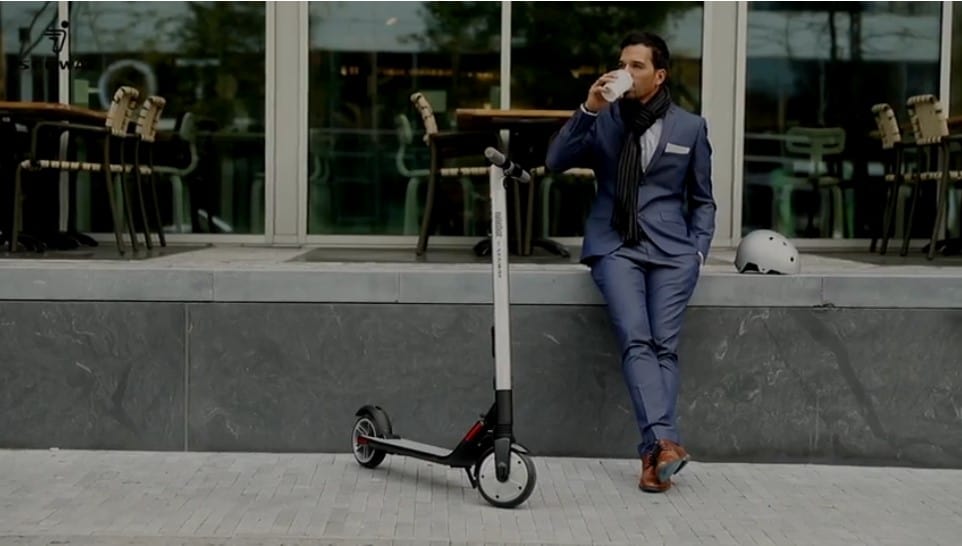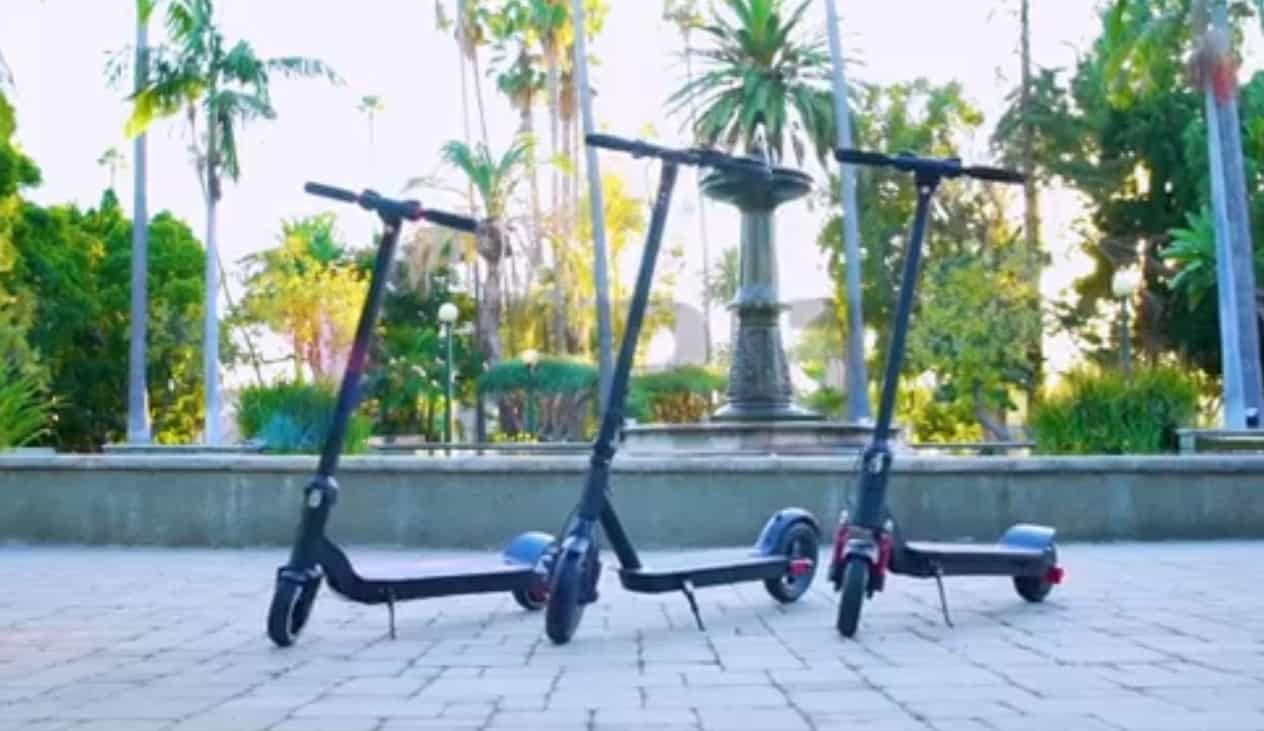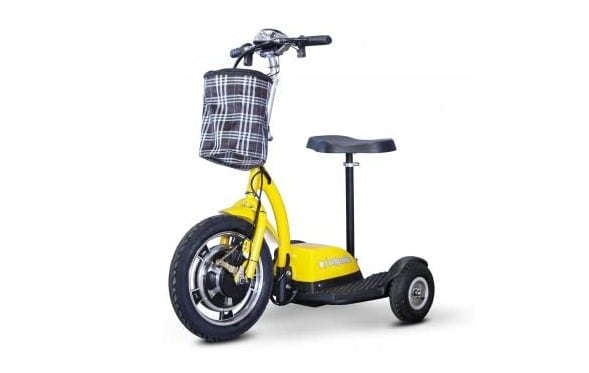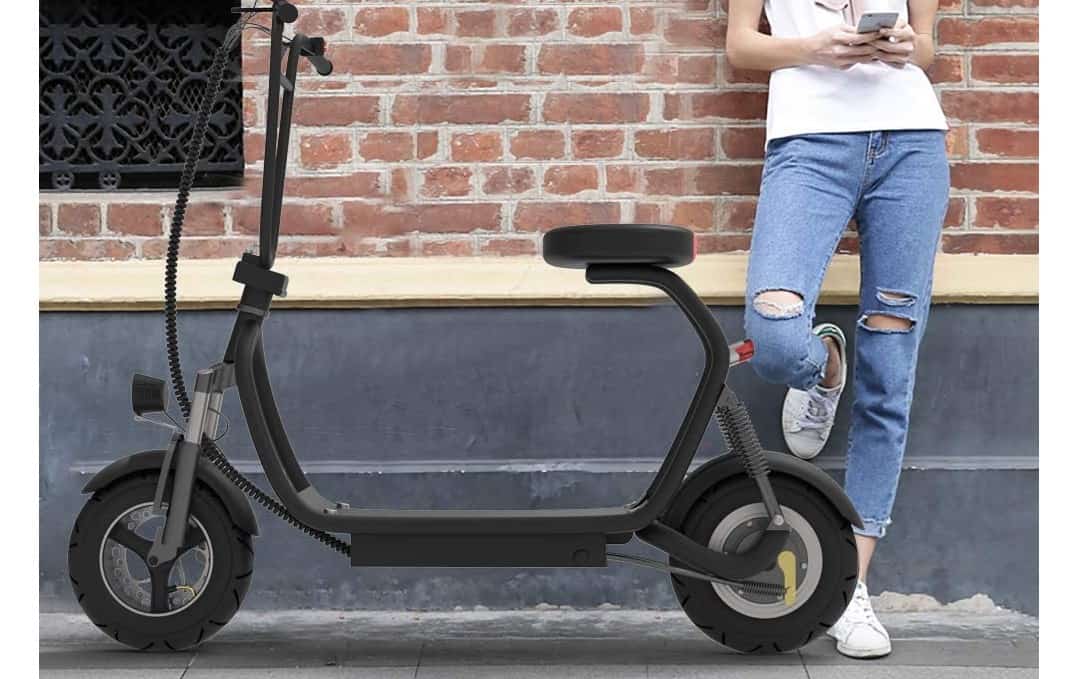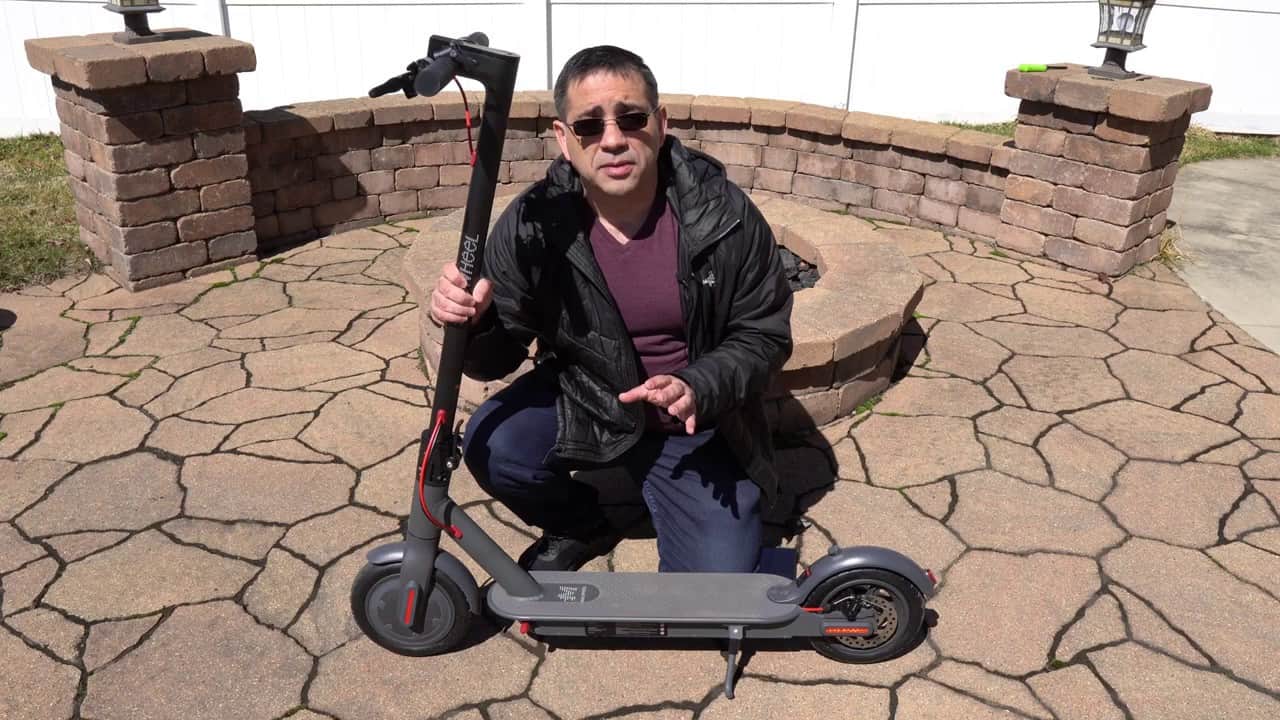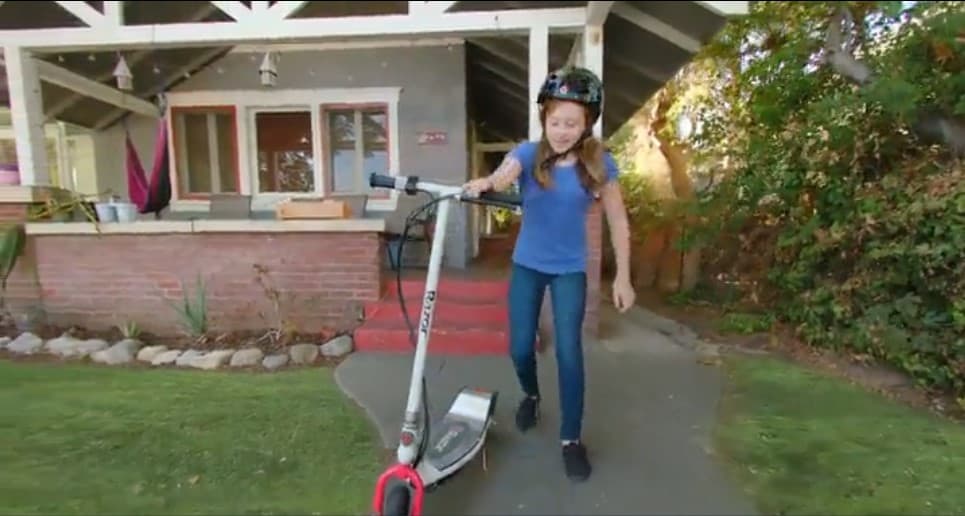If you have recently purchased a top-tier electric scooter, you may be wondering just how long the integrated battery will last before having to be replaced. We’ve got you covered.
KEY TAKEAWAYS:
- A typical lithium-ion electric scooter battery will last anywhere from two to five years, depending on the make, model, and various external factors.
- To increase the lifespan of the battery, try to keep it regularly charged and avoid a full depletion.
- When storing the scooter in the winter months, for instance, try to charge it every 30 days or so.
How Long Does an Electric Scooter Battery Last?
The battery of an electric scooter will last anywhere from two to five years, though there are a number of factors that can increase or decrease this metric.
Insider Tip
The battery of an electric scooter will last anywhere from two to five years, though there are a number of factors that can increase or decrease this metric.
Understanding Battery Lifetime
A typical Li-ion battery will be able to handle 300 to 500 charge/discharge cycles before diminishing in capacity. For your average electric scooter, this is anywhere from 3,000 to 10,000 miles. There are some things you as a consumer can do to extend the overall lifespan of your battery. Here are just a few things to consider.
Don’t Fully Deplete the Battery
Due to the nature of lithium-ion battery designs, it is a good idea to avoid fully depleting the battery as you ride your electric scooter. Try to keep the battery above a 10 percent charge, with 40 to 80 percent being the optimal amount of charge to shoot for. We recommend charging the scooter immediately after a ride and then immediately before a ride so as to keep the battery working efficiently. You may need to do some planning to get the routine down, but it will be worth it in the long run. Knowing how long it takes for your e-scooter battery to charge will help in planning.
Insider Tip
Try to keep the battery above a 10 percent charge, with 40 to 80 percent being the optimal amount of charge to shoot for.
Get to Know Your Scooter’s Range
You should take some time to familiarize yourself with the overall range of your electric scooter, so you can be sure to plan accordingly. Relevant information, such as ampere-hours, voltage, and watt-hours, should be found in the scooter’s instruction manual. You may also want to read about how many watts an e-scooter needs. Basically, you are trying to gather data so you will avoid fully depleting the battery during use. As mentioned earlier, avoiding full battery depletion is crucial to increasing the overall lifespan of the battery.
Keep the Battery Charged During Disuse
If you are about to head into a period of scooter inactivity, such as in the winter months, it is a good practice to keep the scooter’s battery charged at around 40 percent of the maximum capacity. We recommend charging it up before storing it and keeping an eye on the overall battery life. Every 30 days or so you should take an hour or two and plug it into a power outlet.
Warning
You may need to do some planning to get the routine down, but it will be worth it in the long run.
F.A.Q.
How many times can you charge an electric scooter battery?
Generally speaking, a standard lithium electric scooter battery can go through 300 to 500 charging cycles before needing to be replaced. Most scooters allow for easy battery replacements.
How can you maximize electric scooter battery life?
You should try to keep the battery consistently charged and do your best to not fully deplete the battery. Additionally, adhere to the scooter’s recommended maximum weight limit.
How much does a new electric scooter battery cost?
Electric scooter batteries tend to cost anywhere from 15 to 30 percent of the scooter itself. In other words, if your scooter costs $500, a replacement battery will cost $75 to $150.
STAT: Once a battery begins to deplete, which happens after losing a significant percentage of its charge over a few rides for about 500 times, the battery will lose its quality and your scooter will not be as powerful as it used to be. (source)


















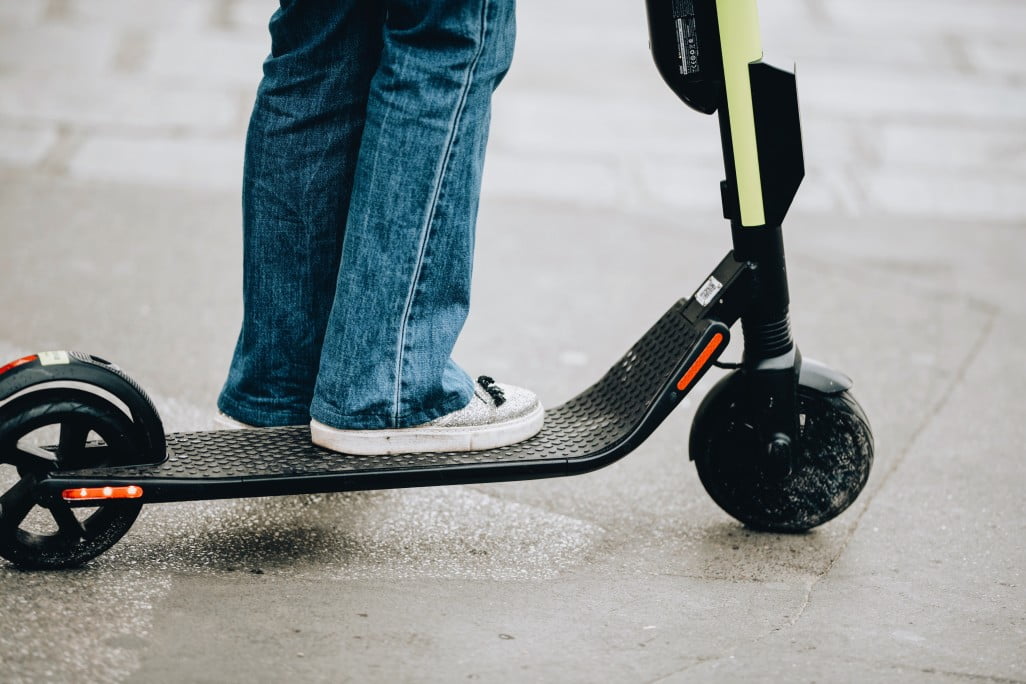
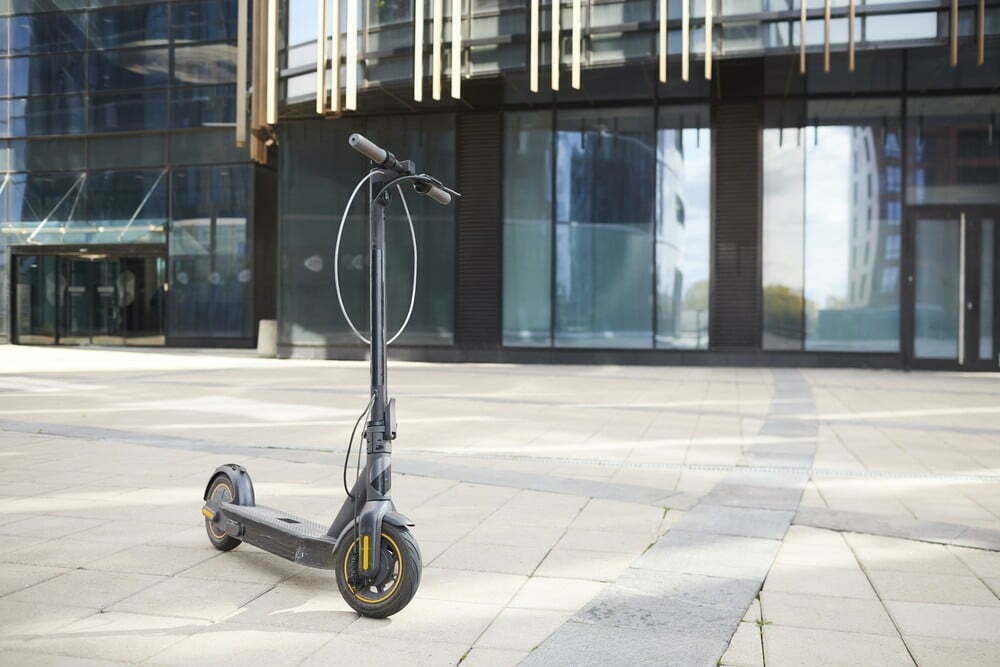
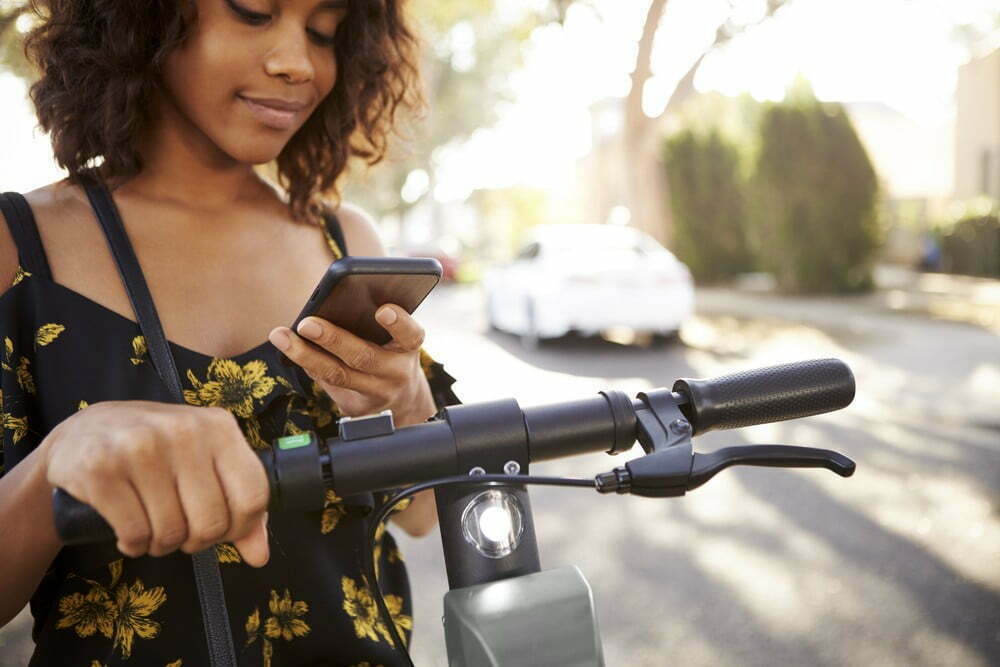


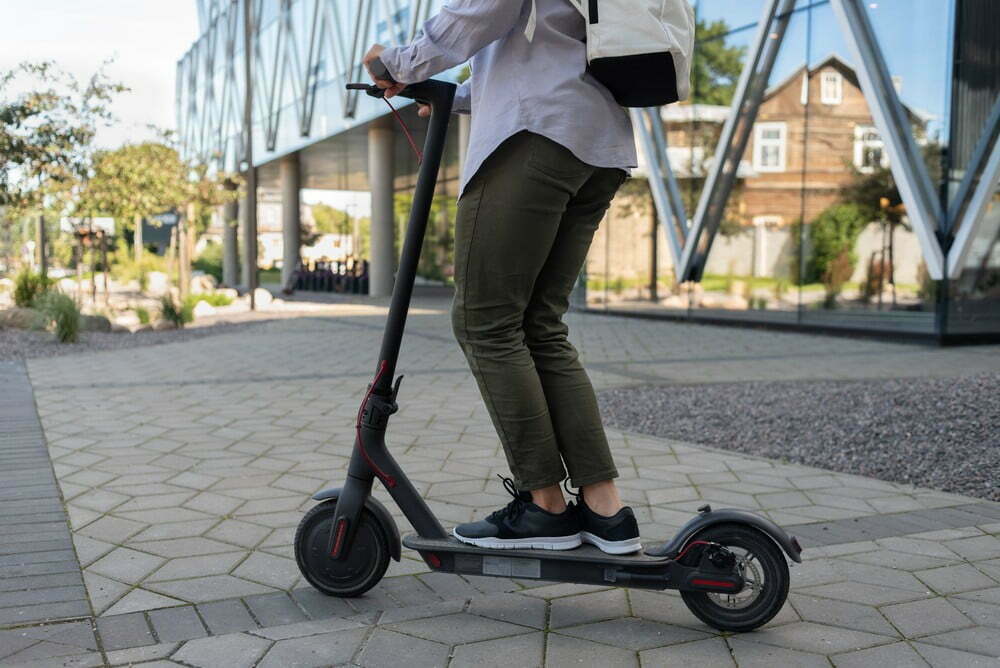

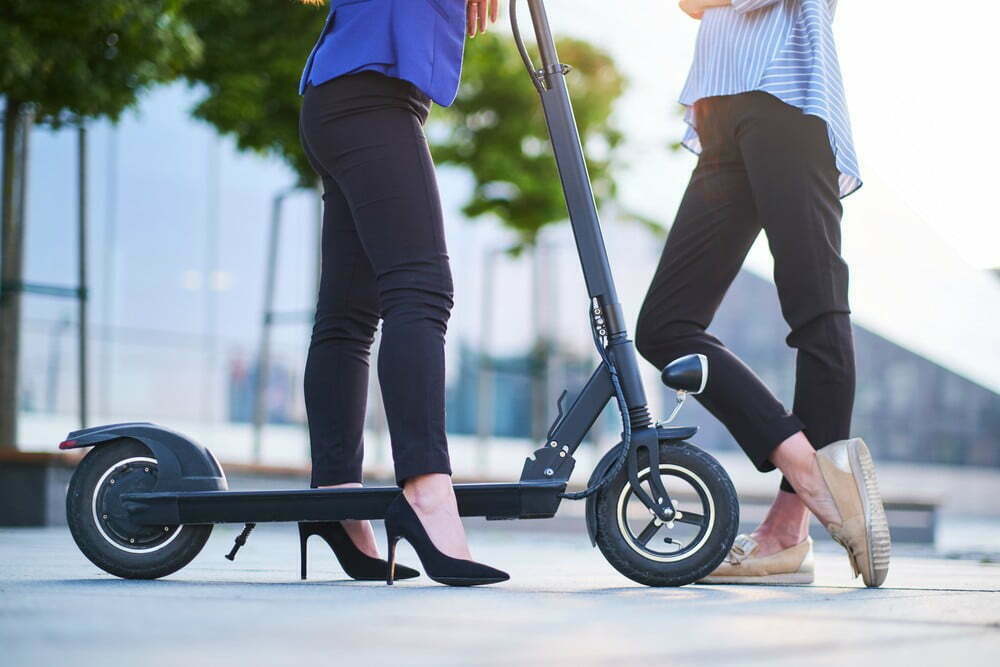
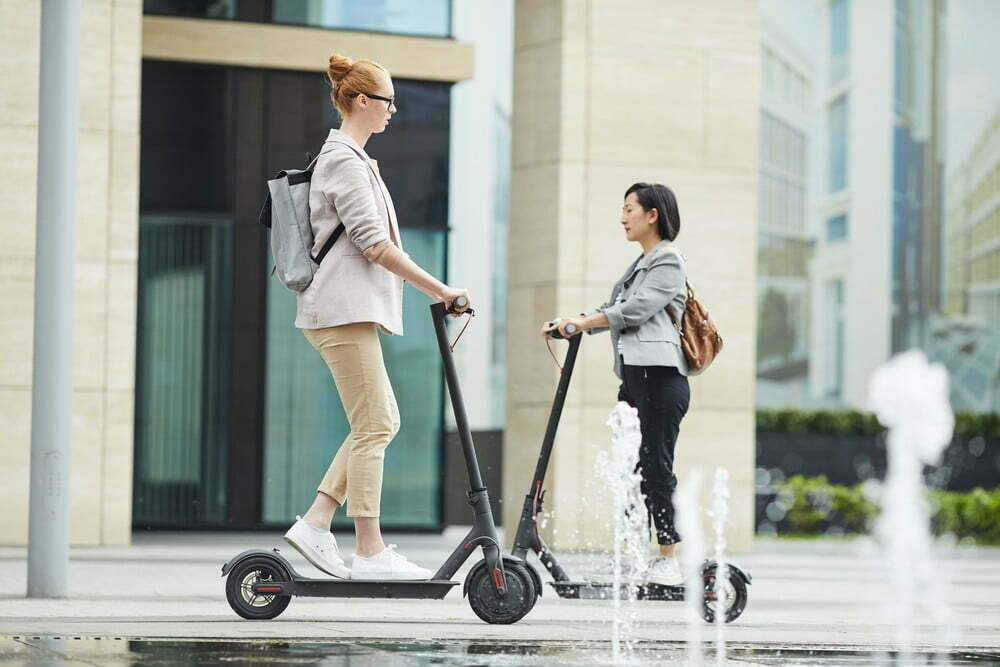
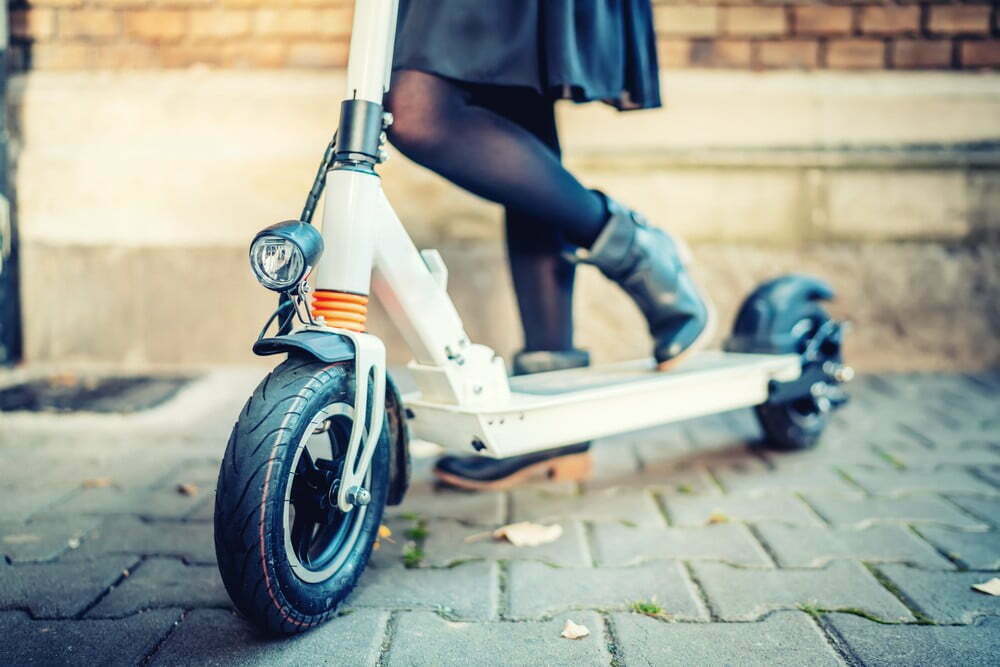




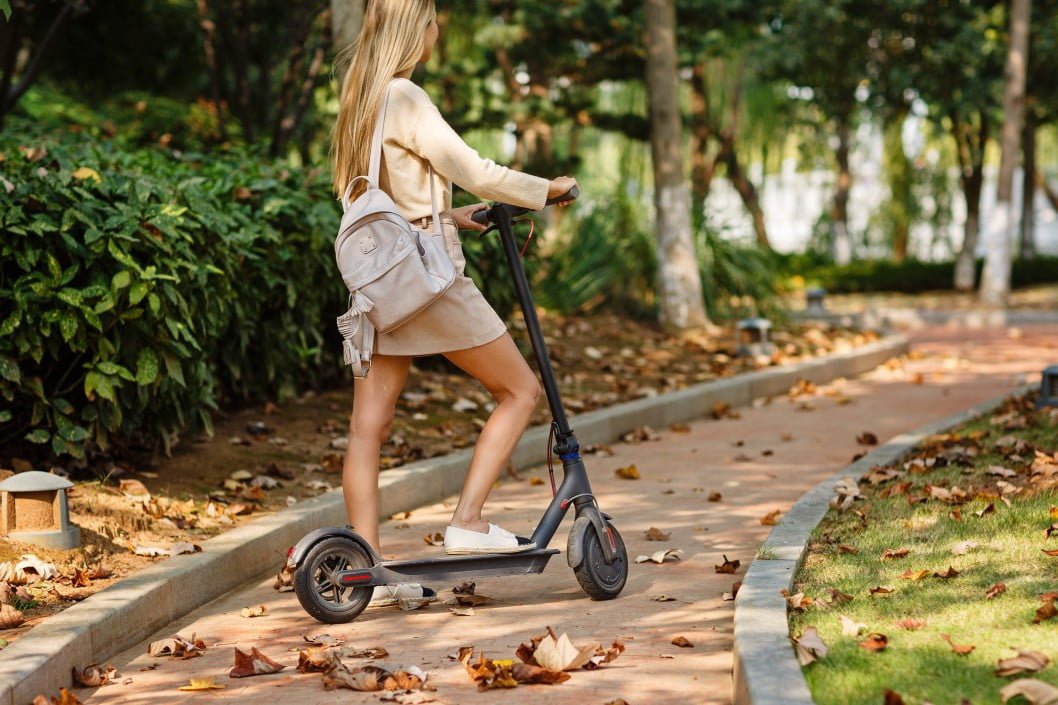
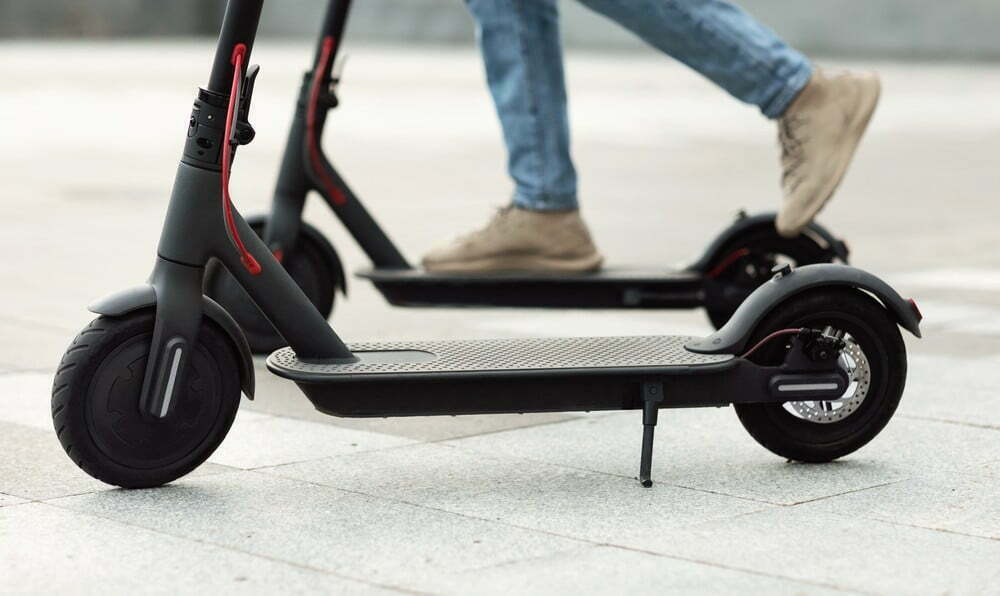
![Best Waterproof Electric Scooters in [year] 27 Best Waterproof Electric Scooters in 2025](https://www.gadgetreview.dev/wp-content/uploads/best-waterproof-electric-scooter-image.jpg)
![Fastest Electric Scooters for Adults in [year] 28 Fastest Electric Scooters for Adults in 2025](https://www.gadgetreview.dev/wp-content/uploads/fastest-electric-scooter-for-adults-image.jpg)
![Best Dual Motor Electric Scooters in [year] 29 Best Dual Motor Electric Scooters in 2025](https://www.gadgetreview.dev/wp-content/uploads/best-dual-motor-electric-scooter-image.jpg)
![Best Electric Scooters with Suspensions in [year] 30 Best Electric Scooters with Suspensions in 2025](https://www.gadgetreview.dev/wp-content/uploads/best-electric-scooter-with-suspension-image.jpg)
![What Is the Lightest Electric Scooter in [year]? 31 What Is the Lightest Electric Scooter in 2025?](https://www.gadgetreview.dev/wp-content/uploads/what-is-the-lightest-electric-scooter-image.jpg)
![Best Electric Scooters for College Students in [year] 32 Best Electric Scooters for College Students in 2025](https://www.gadgetreview.dev/wp-content/uploads/best-electric-scooters-for-college-students-image.jpg)
![Best Gotrax Electric Scooters in [year] 33 Best Gotrax Electric Scooters in 2025](https://www.gadgetreview.dev/wp-content/uploads/best-gotrax-electric-scooters-image.jpg)
![Best Helmets for Electric Scooter in [year] 34 Best Helmets for Electric Scooter in 2025](https://www.gadgetreview.dev/wp-content/uploads/best-helmet-electric-scooter-image.jpg)
![Best Electric Scooter Gloves in [year] 35 Best Electric Scooter Gloves in 2025](https://www.gadgetreview.dev/wp-content/uploads/best-electric-scooter-gloves-image.jpg)
![Best Phone Holders for Electric Scooter in [year] 36 Best Phone Holders for Electric Scooter in 2025](https://www.gadgetreview.dev/wp-content/uploads/best-phone-holder-for-electric-scooter-image.jpg)
![Best Lights for Electric Scooter in [year] 37 Best Lights for Electric Scooter in 2025](https://www.gadgetreview.dev/wp-content/uploads/best-lights-for-electric-scooter-image.jpg)
![Best Electric Scooter Horns in [year] 38 Best Electric Scooter Horns in 2025](https://www.gadgetreview.dev/wp-content/uploads/best-electric-scooter-horn-image.jpg)
![Best Electric Scooter Knee Pads in [year] 39 Best Electric Scooter Knee Pads in 2025](https://www.gadgetreview.dev/wp-content/uploads/best-electric-scooter-knee-pads-image.jpg)
![Best Electric Scooter Elbow Pads in [year] 40 Best Electric Scooter Elbow Pads in 2025](https://www.gadgetreview.dev/wp-content/uploads/best-electric-scooter-elbow-pads-image.jpg)
![Best Long Range Electric Scooters in [year] 41 Best Long Range Electric Scooters in 2025](https://www.gadgetreview.dev/wp-content/uploads/best-long-range-electric-scooter.jpg)
![Best Electric Scooter in [year] ([month] Reviews) 42 Best Electric Scooter in 2025 (January Reviews)](https://www.gadgetreview.dev/wp-content/uploads/best-electric-scooter-image.jpg)
![10 Best Folding Electric Scooters in [year] 43 10 Best Folding Electric Scooters in 2025](https://www.gadgetreview.dev/wp-content/uploads/best-folding-electric-scooters.png)
![10 Best Off Road Electric Scooters in [year] 44 10 Best Off Road Electric Scooters in 2025](https://www.gadgetreview.dev/wp-content/uploads/best-offroad-electric-scooter.jpg)
![10 Best Electric Scooters With Seat in [year] 45 10 Best Electric Scooters With Seat in 2025](https://www.gadgetreview.dev/wp-content/uploads/best-electric-scooters-with-seat.jpg)
